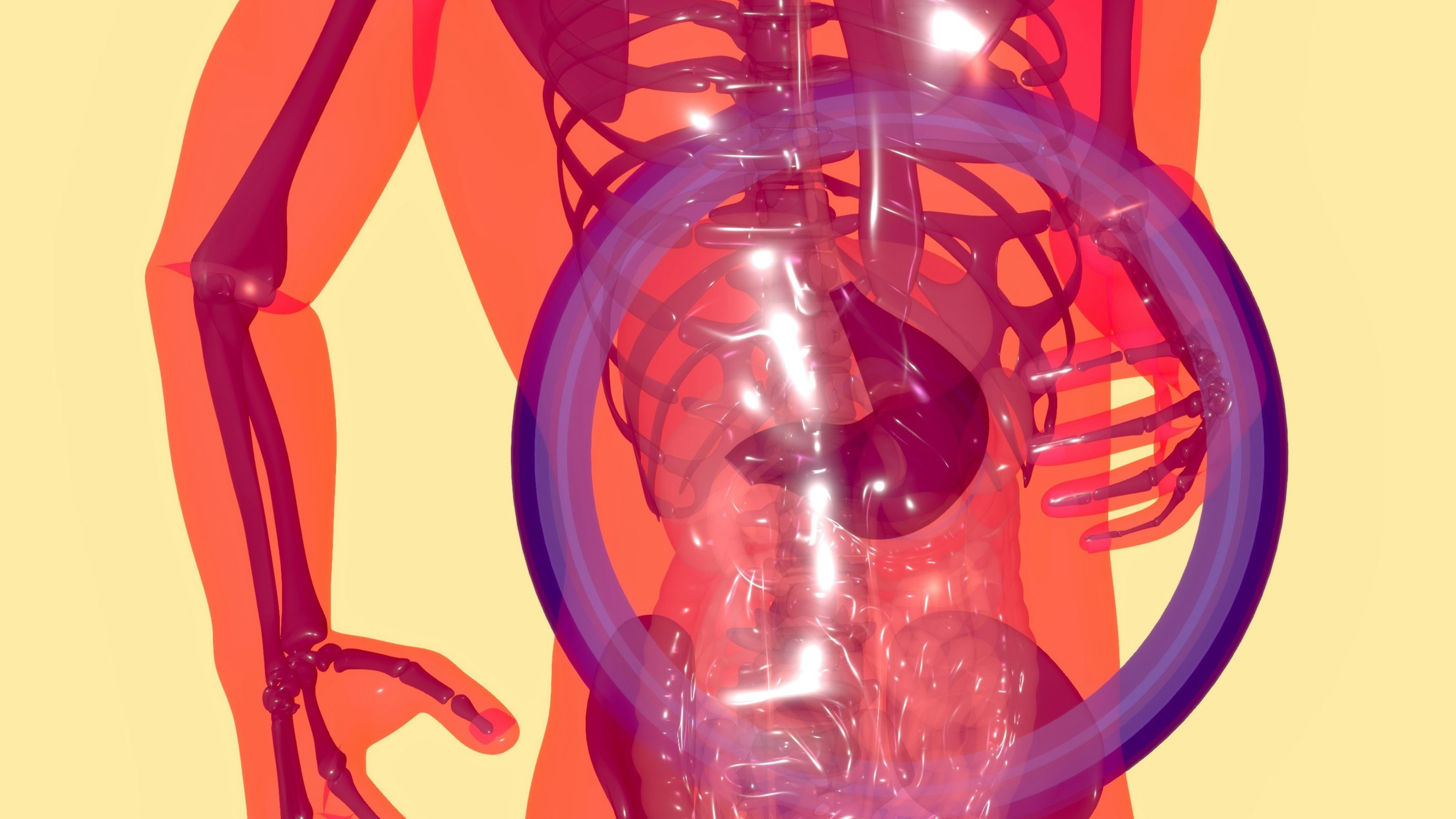
Introduction: Why Sleep Matters More Than You Think
We all know the feeling of a restless night—tossing, turning, and waking up groggy. But sleep is far more than a chance to recharge; it’s a cornerstone of health, influencing everything from our mood to our immune system. Recent scientific discoveries have uncovered a surprising link between sleep and the gut microbiome, the vast community of bacteria living in our digestive tract. A groundbreaking study published in July 2024 in Frontiers in Microbiology (Gut Microbiome Study) suggests that the quality of our sleep can shape the balance of these microbes, with ripple effects on our overall well-being. This article dives into the study’s findings, explores their implications, and offers practical, evidence-based tips to help you sleep better and support your gut health.
The Study: Exploring Sleep and Gut Bacteria
In this 2024 study, a team of Korean researchers set out to understand how sleep quality affects the gut microbiome. They recruited 159 adults and used the Pittsburgh Sleep Quality Index (PSQI), a widely recognized tool, to assess their sleep. Participants with a PSQI score of 5 or less were classified as good sleepers, while those scoring above 5 were considered poor sleepers. To examine the gut microbiome, the researchers analyzed fecal samples using 16S rRNA sequencing, a technique that identifies bacterial composition.
The results were intriguing. While the overall diversity of gut bacteria (known as alpha diversity) showed no significant correlation with sleep quality, the structure of microbial communities (beta diversity) differed markedly between good and poor sleepers. Specific bacteria stood out: Bacteroides, Prevotella 9, and Faecalibacterium were more prevalent in certain sleep groups. Notably, Faecalibacterium prausnitzii, a bacterium linked to anti-inflammatory effects, was strongly associated with better sleep quality. The study also identified metabolic pathways, such as L-arginine and L-tryptophan biosynthesis, that were tied to sleep status, suggesting that gut bacteria influence biochemical processes related to rest.
What These Findings Mean
The study’s results point to a fascinating connection: the quality of your sleep may influence the health of your gut, and vice versa. The gut microbiome is often called the “second brain” because it plays a critical role in digestion, immune function, and even mental health. Faecalibacterium prausnitzii, for example, produces butyrate, a short-chain fatty acid that strengthens the gut lining and reduces inflammation. Its higher presence in good sleepers suggests that restful sleep fosters a healthier gut environment, while poor sleep could lead to dysbiosis—an imbalance in gut bacteria—that may contribute to health issues.
This bidirectional relationship has broader implications. Poor sleep might trigger inflammation or disrupt metabolic processes, potentially increasing the risk of conditions like obesity, diabetes, or mood disorders. Conversely, a healthy gut microbiome could promote better sleep by supporting the production of neurotransmitters like serotonin, which is derived from tryptophan and influences sleep regulation. These findings align with other research, such as a 2025 Nature article (Sleep Research), which noted that sleep deprivation in animals caused gut tissue damage due to oxidative stress, further emphasizing the gut-sleep link.
The Bigger Picture: Sleep’s Role in Health
The Korean study is part of a wave of research exploring why sleep is so vital. For instance, other 2025 studies reported by ScienceDaily (Sleep Disorders) have linked poor sleep to increased risks of heart attack, dementia, and depression. One study found that insomnia raises heart attack risk by 69% over nine years, while another showed that less than five hours of sleep nightly increases the likelihood of peripheral artery disease by 74%. These findings underscore that sleep is not just about feeling rested—it’s a critical factor in preventing chronic diseases.
The gut-sleep connection also opens new avenues for treatment. If poor sleep disrupts gut health, could interventions like probiotics or dietary changes improve sleep quality? The 2024 study suggests this is possible, though more research is needed to confirm causality and develop targeted therapies. In the meantime, understanding this link empowers individuals to take proactive steps toward better sleep and gut health.
Evidence-Based Tips for Better Sleep
Improving sleep length and efficiency can have profound benefits for both your mind and body. Here are seven evidence-based strategies to help you rest better, supported by scientific research and tailored to promote gut health:
Tip Description Why It Works Consistent Schedule Go to bed and wake up at the same time daily, even on weekends. Regulates your circadian rhythm, aligning sleep with your body’s internal clock. Sleep-Friendly Environment Keep your bedroom dark, quiet, and cool (around 60–67°F). Use blackout curtains or white noise machines if needed. Minimizes disruptions and signals to your brain that it’s time to rest. Limit Screen Time Avoid screens (phones, tablets, TVs) at least an hour before bed. Blue light suppresses melatonin, a hormone critical for sleep onset (Johns Hopkins). Healthy Diet Avoid heavy meals, caffeine, or alcohol close to bedtime. Include fiber-rich foods like vegetables and fermented foods like yogurt. Prevents digestive discomfort and supports gut microbiome health, potentially aiding sleep. Regular Exercise Engage in moderate physical activity, like walking or yoga, most days of the week, but avoid intense workouts near bedtime. Promotes deeper sleep and reduces stress, improving sleep quality. Stress Management Practice relaxation techniques, such as meditation, deep breathing, or progressive muscle relaxation, before bed. Lowers cortisol levels, which can interfere with sleep, and calms the nervous system. Gut Health Support Consume prebiotics (e.g., bananas, onions) and probiotics (e.g., kefir, sauerkraut) to nurture beneficial gut bacteria. A healthy microbiome may enhance sleep by reducing inflammation and supporting neurotransmitter production.
These tips are grounded in research and practical for everyday life. For example, limiting screen time is supported by studies showing blue light’s impact on melatonin, while dietary recommendations draw from evidence linking gut health to sleep quality. By adopting these habits, you can create a virtuous cycle where better sleep supports a healthier gut, and a balanced microbiome promotes restful nights.
Conclusion: A New Perspective on Sleep
The 2024 Frontiers in Microbiology study offers a fresh perspective on sleep, revealing its deep connection to gut health. By showing that poor sleep may
Sources:
James Chen
Editorial team member at Sleep Now

